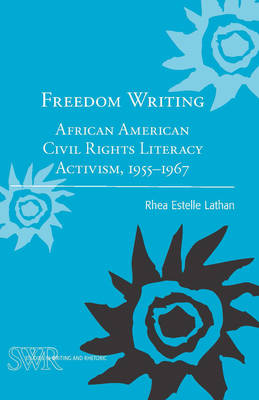
- Retrait gratuit dans votre magasin Club
- 7.000.000 titres dans notre catalogue
- Payer en toute sécurité
- Toujours un magasin près de chez vous
- Retrait gratuit dans votre magasin Club
- 7.000.000 titres dans notre catalogue
- Payer en toute sécurité
- Toujours un magasin près de chez vous
Description
Through a blend of African American cultural theory and literacy and rhetorical studies highlighting the intellectual and pedagogical traditions of African American people, Rhea Estelle Lathan argues that African Americans have literacy traditions that represent specific, culturally influenced ways of being in the world.
She introduces gospel literacy, a theoretical framework analogous to gospel music within which to consider how the literacy activities of the Civil Rights Movement illuminate a continual interchange between secular and religious ideologies. Lathan demonstrates how gospel literacy is deeply grounded in an African American tradition of refusing to accept the assumptions underlying European American thought and institutions, including the oppression of African American people and the denial of full citizenship rights.
Lathan's critical historical analysis draws on oral histories, personal interviews, and archival data, allowing her to theorize about African American literacy practices, meanings, and values while demonstrating the symbiotic relationship between literacy and the Civil Rights Movement. Central to her research are local participants who contributed to the success of citizenship education, and she illuminates in particular how African American women used critical intellectualism and individual creative literacy strategies to aid in the struggle for basic human rights.
Spécifications
Parties prenantes
- Auteur(s) :
- Editeur:
Contenu
- Nombre de pages :
- 143
- Langue:
- Anglais
- Collection :
Caractéristiques
- EAN:
- 9780814117880
- Date de parution :
- 17-08-15
- Format:
- Livre broché
- Format numérique:
- Trade paperback (VS)
- Dimensions :
- 211 mm x 140 mm
- Poids :
- 217 g







